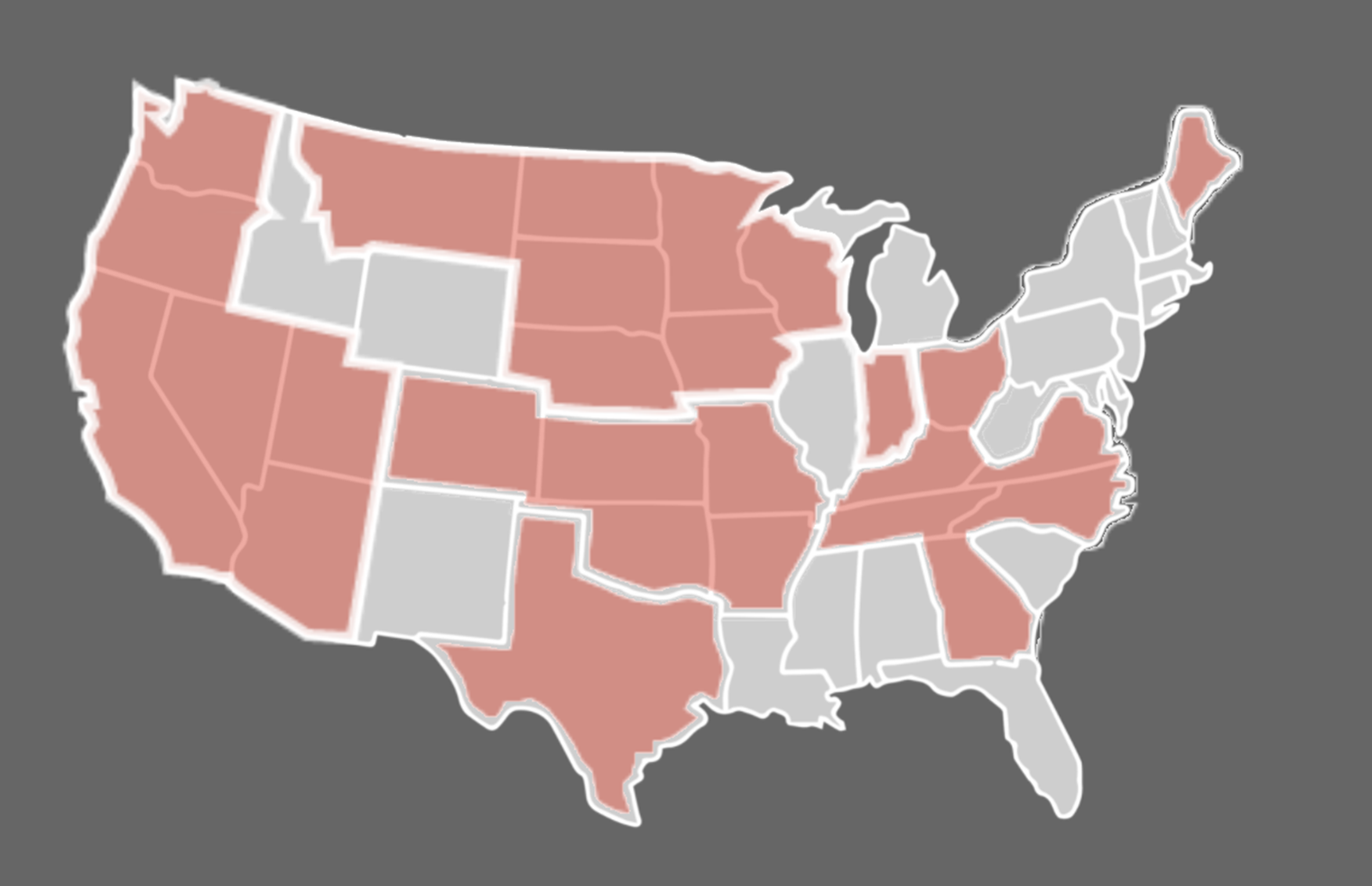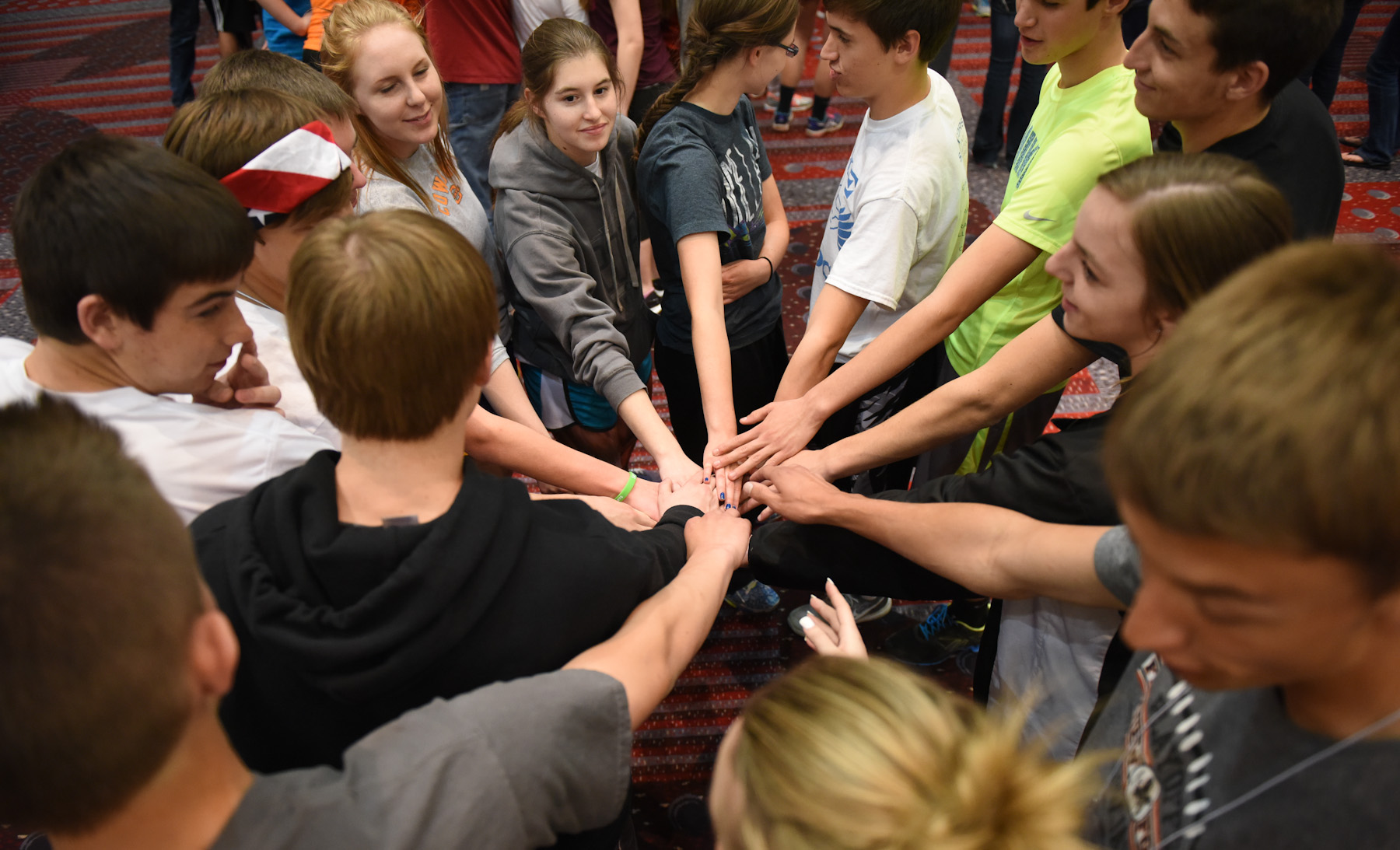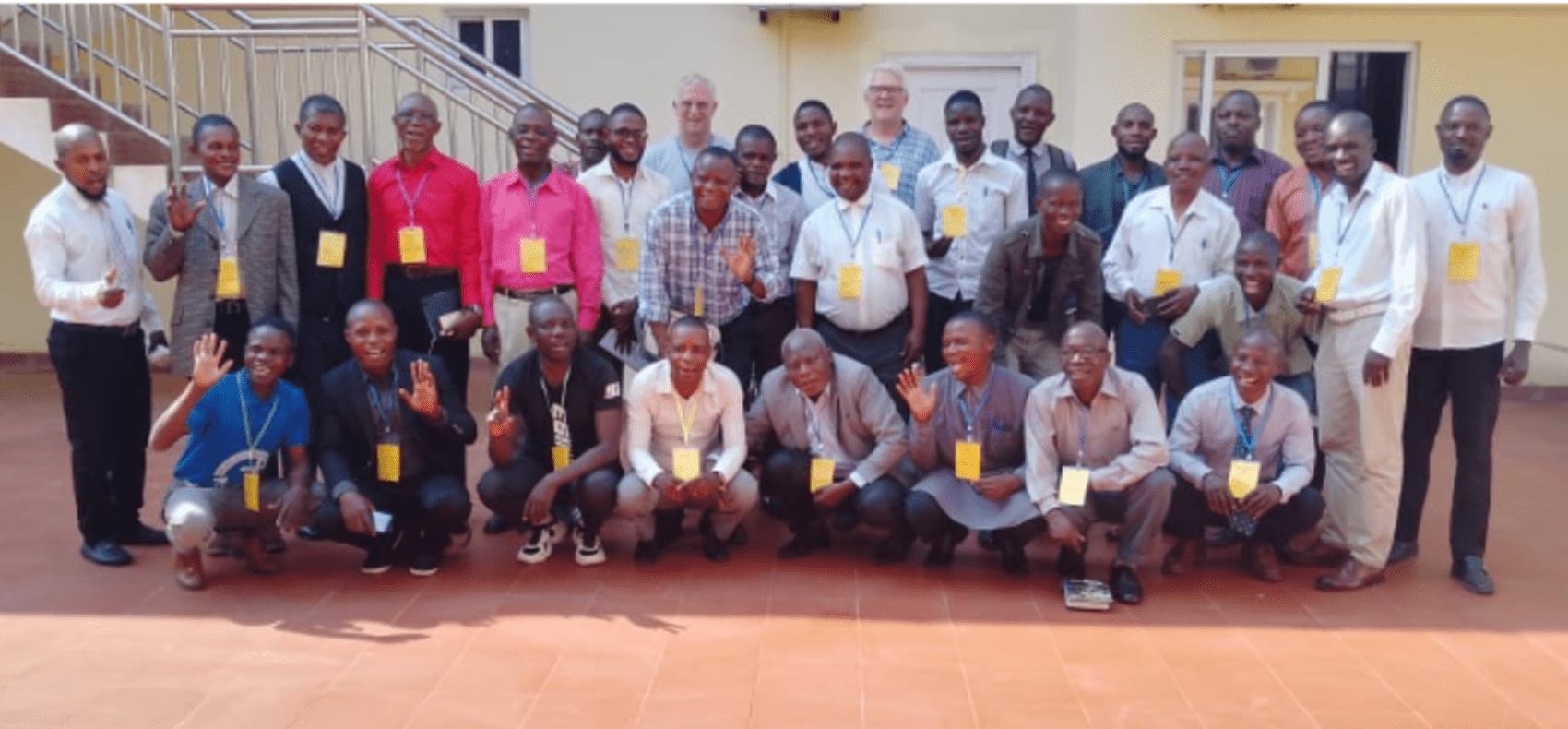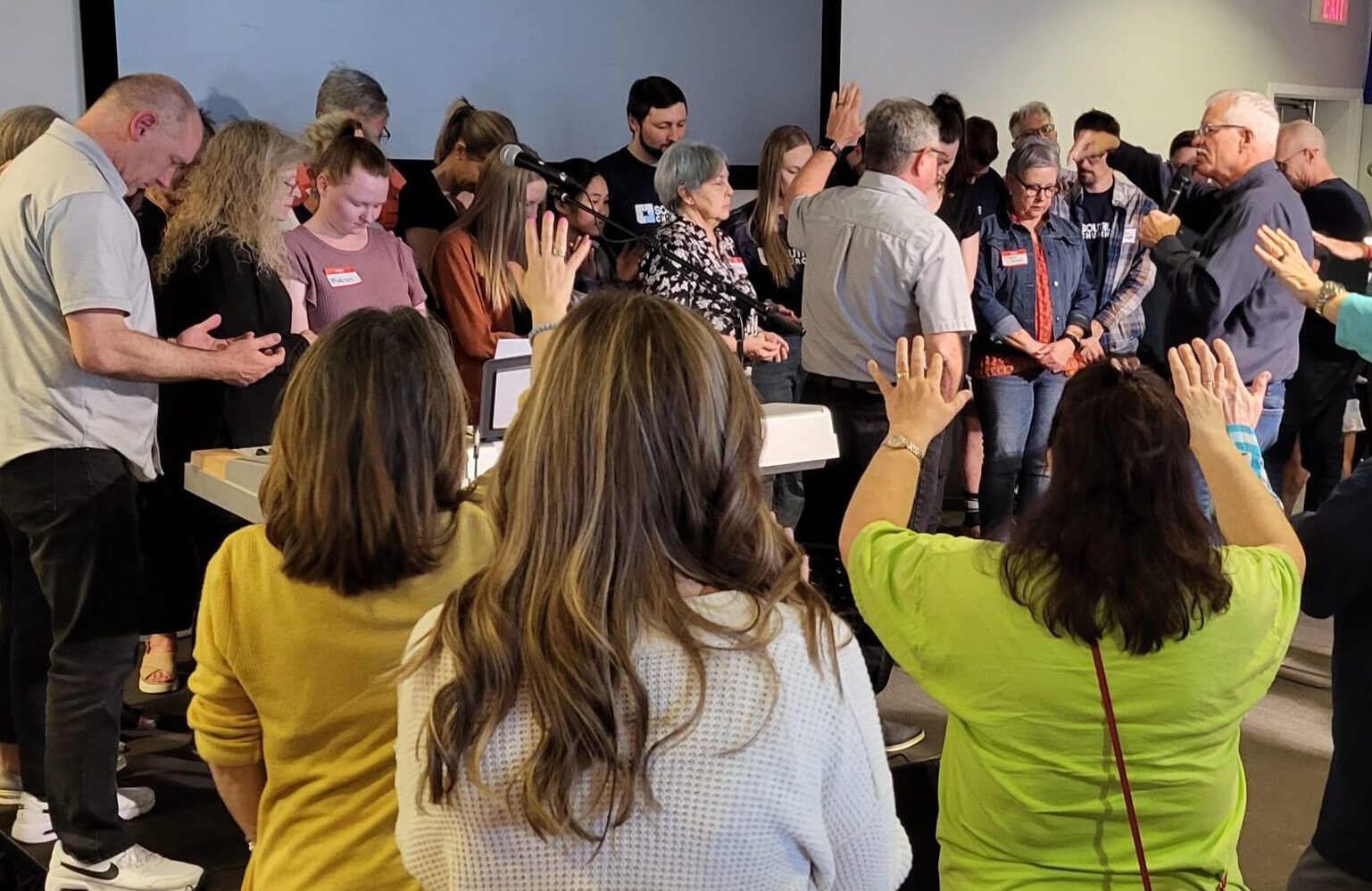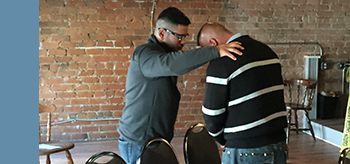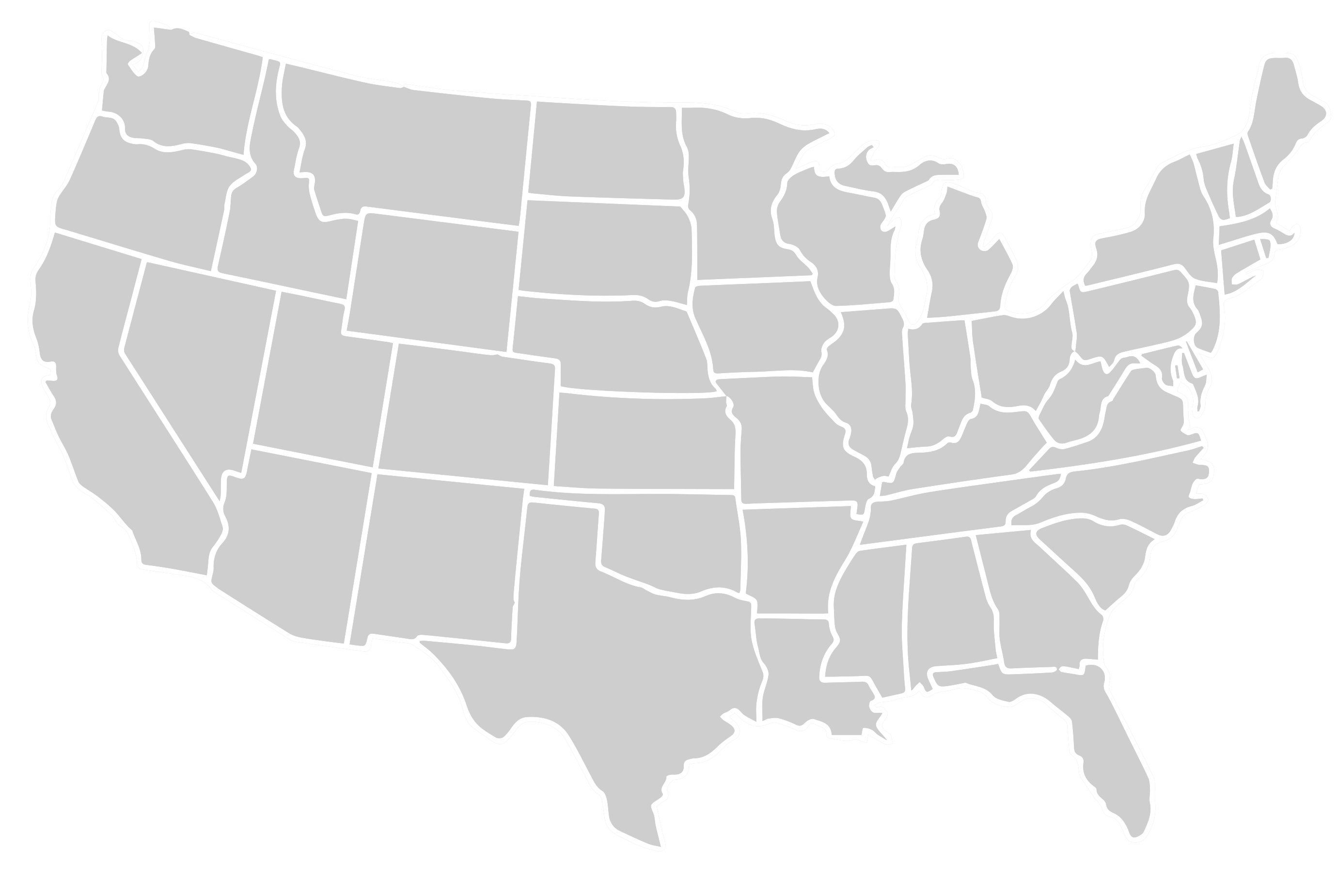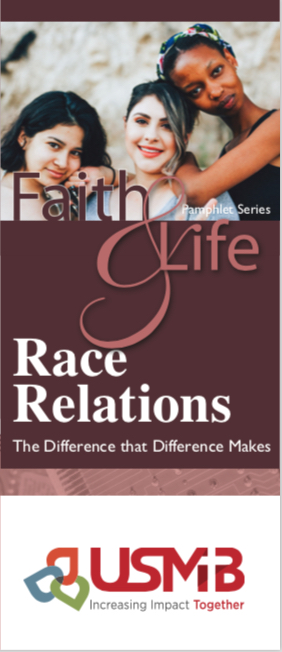
No one today can ignore the profound issues of race, culture, class, gender, religion and ethnicity and how they have the potential to alienate and divide us here and around the globe. How are we as followers of Jesus to understand and respond to these complex issues today? Or put another way, what difference should the concept of difference make for us as disciples of Jesus in our society, churches, neighborhoods and families?
As believers, we should move toward a biblical theology of reconciliation and through it, learn to acknowledge, understand and embrace differences between people on the basis of God’s creation and grace to us all.
A biblical theology of difference
To begin with, God is the author of human life (Gen. 1-2). God is the God of creation as well as covenant, the God of the Gentile and the Jew (Romans 3:28-30, ESV). God formed humankind in His own image, male and female, and in His creation mandate God gives His blessing on humankind’s creative cultural production. We are commanded to go and multiply, which speaks to kinship, social organization and community structure. In so commanding, God is the source of human culture and difference.
When our differences become fuel for division through the fall, God reconciles our differences through Christ on the cross. Christ reconciles the divisions between Jew and Gentile (religious experience), slave and free (class), male and female (gender) and barbarian and Scythian (culture) (Eph. 2; Col. 3.11; Gal. 3.28). Jesus Christ is the atoning sacrifice for the entire world, not just our group (1 John 2.1-2). The God and Father of our Lord Jesus is God of creation as well as God of the covenants (Rom. 3.29; Acts 17.24-28). God is God of justice as well as God of justification (Isa. 61.1-4).
The goal of redemption
The goal of redemption is that we become Christ-like, not that we become cultural clones, conformed to a singular pattern. People are saved to become more like Jesus not more like their own culture. Colossians 3:11 and Galatians 3:28 do not advocate the obliteration of cultural identity, only the end of ungodly partiality amidst differences. Culture has been reaffirmed in the incarnation of Jesus; all are lost, but all can be saved (John 3:16; 5.24). Moreover Jesus, sharing in humanity’s life, demonstrates the moral neutrality of race, culture and particularity (John 1:14-18).
Differences of race, class, gender and culture are both acknowledged and embraced in the Gospel for the purpose of the ministry of reconciliation (2 Cor. 5:18-21). God calls us to be reconciled in Christ, which includes His desire for us to be reconciled to one another, thus making the Gospel attractive to unbelievers (Eph., 4:1-6; 4:31-32; John 13:34-35). Loved together as one diverse, equal and united people, our differences can be both displayed and celebrated in the church of Jesus Christ. We are one royal priesthood, one holy nation—Christ’s body with many members made up of every kindred, tribe, people and nation (1 Pet. 2.8-9).
Redemption does not erase, shield or obliterate our differences but rather acknowledges, transcends and redeems them. Now, in Jesus, we have peace. His sacrifice has brought us together as one people, having destroyed the alienation between us (Eph. 2.14-16). No culture needs to shift or deny its own culture in order to be saved. God speaks to, within and through human culture. One may retain one’s cultural distinctiveness while embracing the pursuit of Christ-likeness. All cultures are equally viable in the Christian worldview. Differences are neither final nor exclusive. God is already among each people group, having providentially arranged the peoples as He determined (Acts 17.24-28). We must now receive others as Christ has received us—just as we are.
Racism
The Oxford dictionary defines racism as “prejudice, discrimination or antagonism directed against someone of a different race based on the belief that one’s own race is superior.” Racism is a fairly new word that is believed to have first been used in 1902.
Racism is taught by those who view their own race as superior to others. So, if racism can be taught and systems put into place that give one race privileges over people who are not like them, then it can be un-taught! As Christians, we should be leading the charge on this one. Pastors, teachers and laity who communicate God’s Word should acknowledge that all people are created equal, that the color of one’s skin tone does not indicate whether he/she can be born again or successful, and that God has made us all different and unique. We should acknowledge our unity in Christ that is beyond our race, gender, class and/or culture, but we must also affirm our allegiance and position in Jesus Christ (Gal. 3.28; Col. 3.11).
We must ask God to grant us discernment and openness, cardinal virtues when dealing with differences between ourselves and others. We must learn to identify and separate our own cultural norms from biblical mandates and ask the Holy Spirit to give us the wisdom to exercise prudence in our speech and action toward others. We should not demand that people change cultures in order to be disciples of Christ (Gal. 5.1; 1 Pet. 2.18; 2 Cor. 3.17). We must learn to live in the grace and freedom of Christ and get in step with God’s universal, global and historical plan for the Church, determining to live as a world Christian, serving where we live.
If we embrace our new identity in Christ, we will steadily grow in our ability to both acknowledge and embrace the differences between people on the basis of God’s grace. We will, indeed, become living letters for all to see what the Gospel really means, right where we are.
Published under the sponsorship of the USMB Board of Faith and Life, 2020. For additional copies, contact U.S. Conference, 7348 W. 21st Suite 115, Wichita, KS 67205. Phone: 1-800-257-0515.


